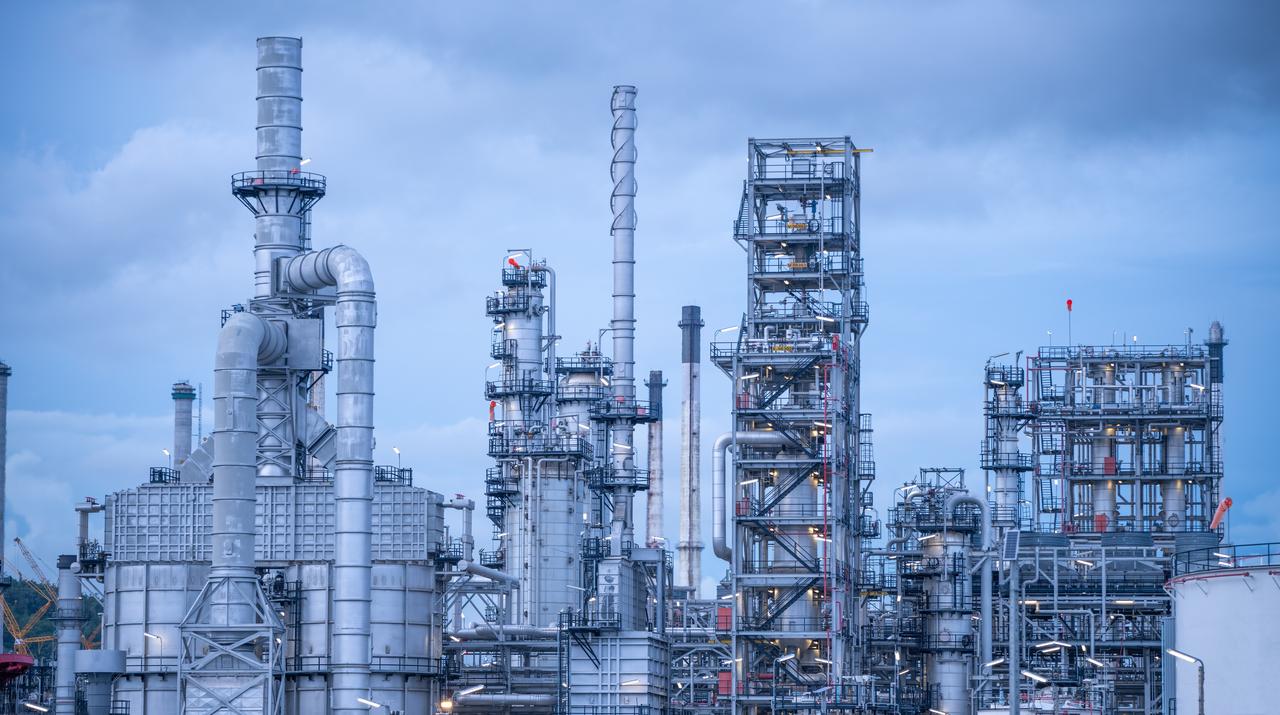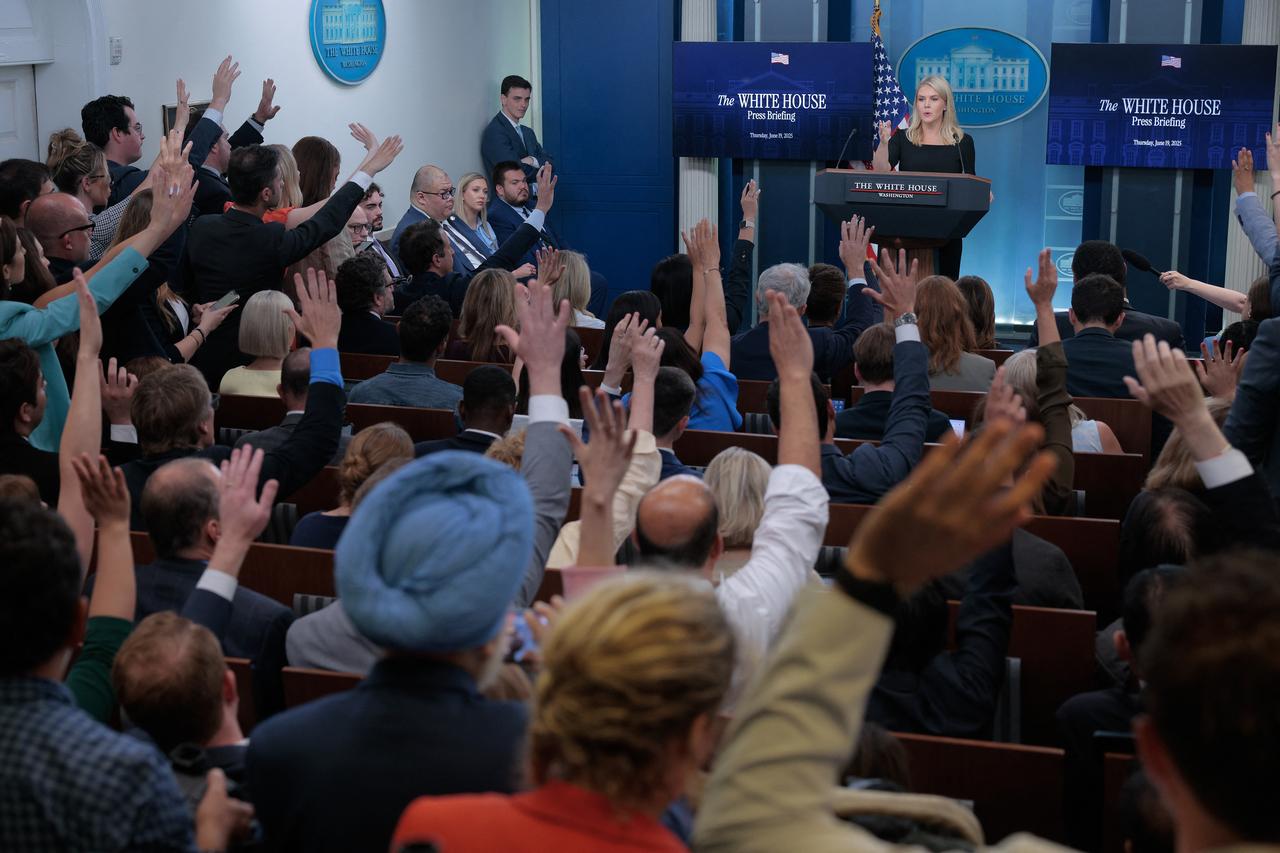
Oil prices dropped on Friday after U.S. President Donald Trump signaled a willingness to explore a diplomatic route in the escalating Israel-Iran conflict, offering markets a moment of relief and tempering expectations of an imminent U.S. military involvement.
Both major benchmarks saw a nearly 2% decline, with Brent crude trading at $77.27 per barrel and West Texas Intermediate (WTI) crude at $73.99 as of 5:40 a.m. GMT. The easing comes despite lingering uncertainty, which grows on supply fears in global energy markets over the Israel-Iran clash that began on June 13.
Speculation had been building over the past week that Trump would throw the U.S. into the conflict. However, in remarks delivered Thursday via White House Press Secretary Karoline Leavitt, the president appeared to adopt a more measured stance.
“Based on the fact that there's a substantial chance of negotiations that may or may not take place with Iran in the near future, I will make my decision whether or not to go within the next two weeks,” the president said.
Leavitt emphasized that Trump remains open to dialogue. “If there's a chance for diplomacy, the president's always going to grab it,” she said, while also noting that he is prepared to show force if necessary.

The Strait of Hormuz, which runs along Iran’s southern coastline, remains a critical artery for global oil shipments. Roughly 18 million to 21 million barrels per day (bpd) of oil and petroleum products pass through the strait, making it one of the most strategically significant chokepoints in global energy trade.
Iran, as the third-largest producer within the Organization of the Petroleum Exporting Countries (OPEC), contributes around 3.3 million bpd of crude oil. Any threat to the flow of oil through Hormuz, whether from direct attacks or broader instability, continues to fuel concerns about potential supply disruptions.

While the Israel-Iran clashes have dominated recent headlines, the approaching end of a 90-day pause on Trump’s trade tariffs—set in motion on April 2—also hangs over investor sentiment. With limited progress reported in securing exemptions from the new tariffs, uncertainty surrounding global trade policy remains another major headwind.